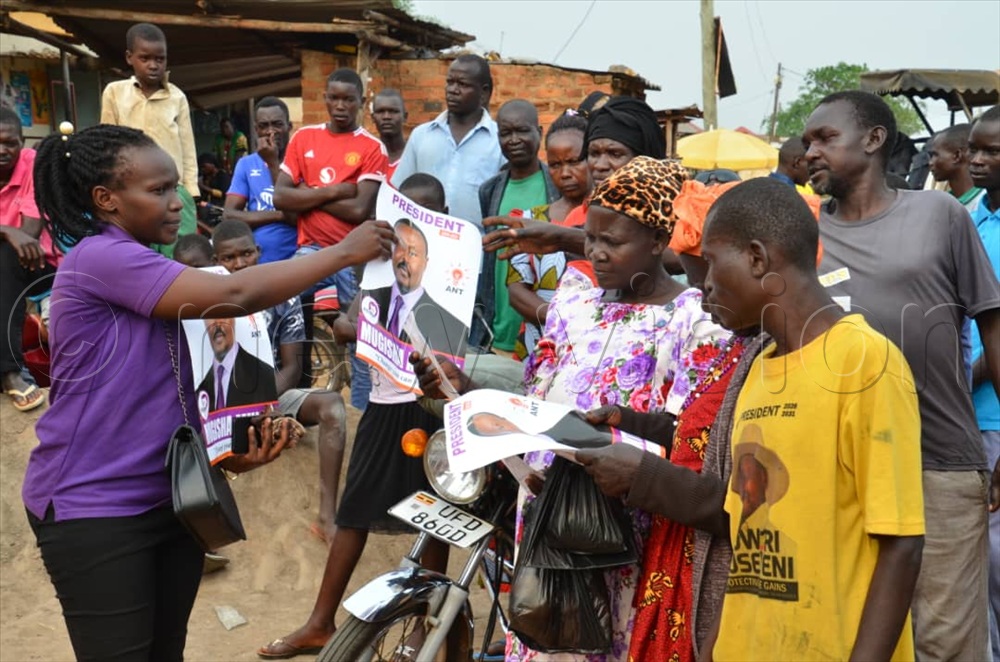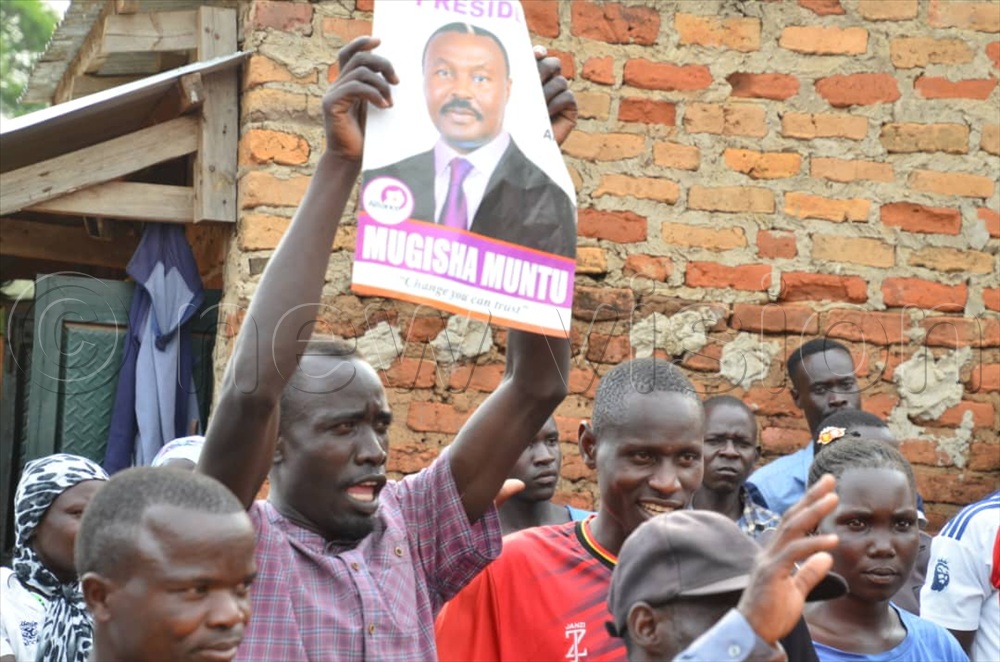Muntu vows to trim Parliament size, merge Presidency with State House
Muntu proposed cutting the number of Members of Parliament (MPs) from the current 553 to at least 200, arguing that such restructuring would reduce administrative costs.
ANT's presidential candidate Maj.Gen (Rtd) Gregory Mugisha Muntu addressing a mini rally in Atutur trading center in Kumi district on Thursday, November 20, 2025. (Photos by Stuart Yiga)
________________
Maj. Gen. (rtd) Mugisha Muntu, the Alliance for National Transformation (ANT) presidential candidate, told supporters in Kachumbala town council, Bukedea district, on Thursday, November 20, that, if elected, he will reduce the size of Parliament and combine the offices of the Presidency and State House into a single streamlined institution.
Muntu proposed cutting the number of Members of Parliament (MPs) from the current 553 to at least 200, arguing that such restructuring would reduce administrative costs. He said the reforms were necessary to eliminate waste, strengthen coordination, and restore public trust in government.


Uganda’s 11th Parliament comprises 353 constituency MPs, 145 district woman representatives, 10 UPDF representatives, five youth MPs, five MPs for persons with disabilities, five workers’ representatives, five older persons’ representatives and 25 ex officio members, totalling 553 members drawn from 145 districts.
He noted that Uganda, with a population approaching 46 million, is over-represented in a legislature that costs more than sh1.2 trillion annually. Muntu cited comparisons with neighbouring countries, including Kenya’s 350 MPs for more than 55 million people and Tanzania’s 403 MPs for over 65 million people.
Merging the Presidency and State House
Muntu argued that merging the Office of the President with the existing State House structure would reduce duplication and limit the need for repeated supplementary budgets.

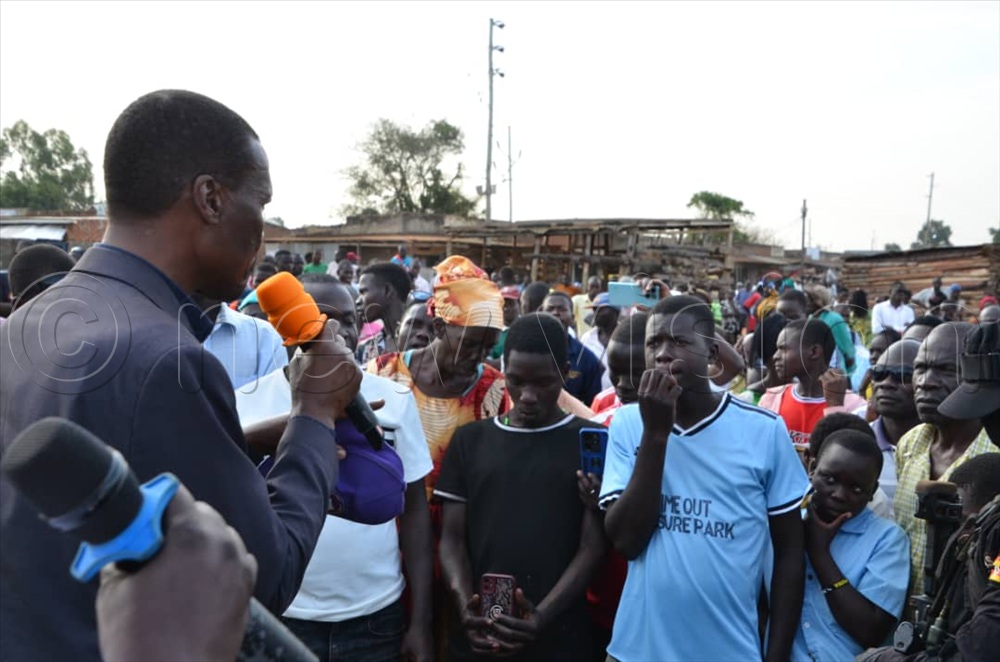
He said the current arrangement was costly and inefficient, adding that the country could not continue maintaining parallel institutions at the top of government unnecessarily.
Challenges ahead
Muntu acknowledged that such reforms would require constitutional amendments and therefore a two-thirds majority in Parliament.
He called for a coalition of citizens and legislators committed to accountability, saying meaningful reform depended on collective resolve.
With the 2026 general elections approaching, Muntu’s call to reduce the size of Parliament and consolidate the executive has added a new element to the national debate.
Jason Okor, a resident of Atutur town council, said that although Muntu was widely respected for his integrity, his ability to turn proposals into policy would depend on ANT’s organisational strength and parliamentary presence.
“Muntu does not have any Member of Parliament in the house or even a district chairman who won on his party ticket, so how is he going to do this?” Okor asked.
Dr Joseph Tindyebwa, a senior lecturer and consultant in public policy management at Kabale University, warned that while the proposed reforms were positive, they could be exploited by political opportunists.
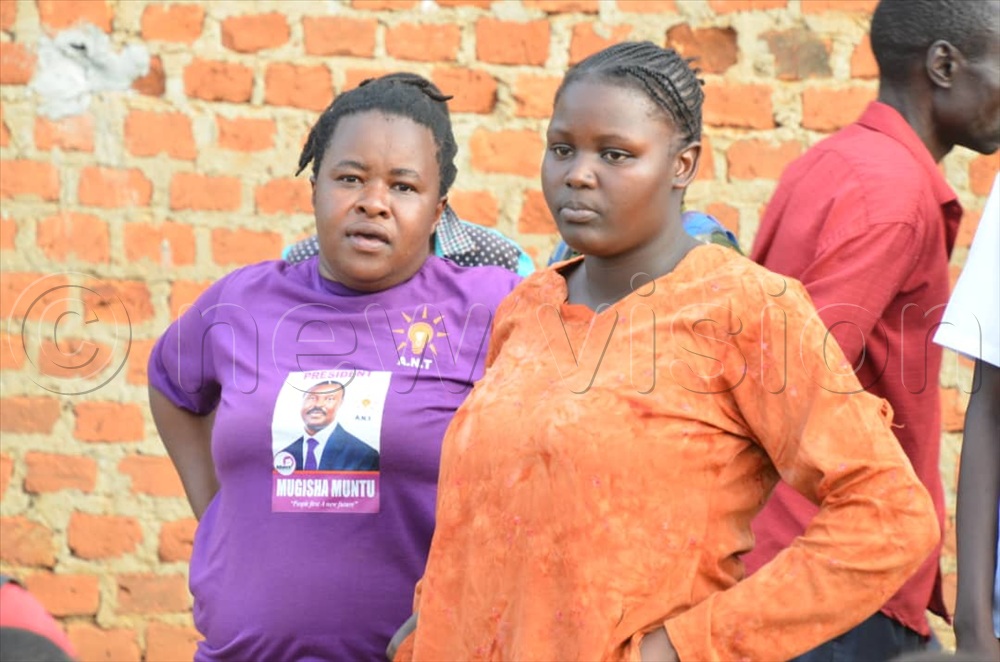
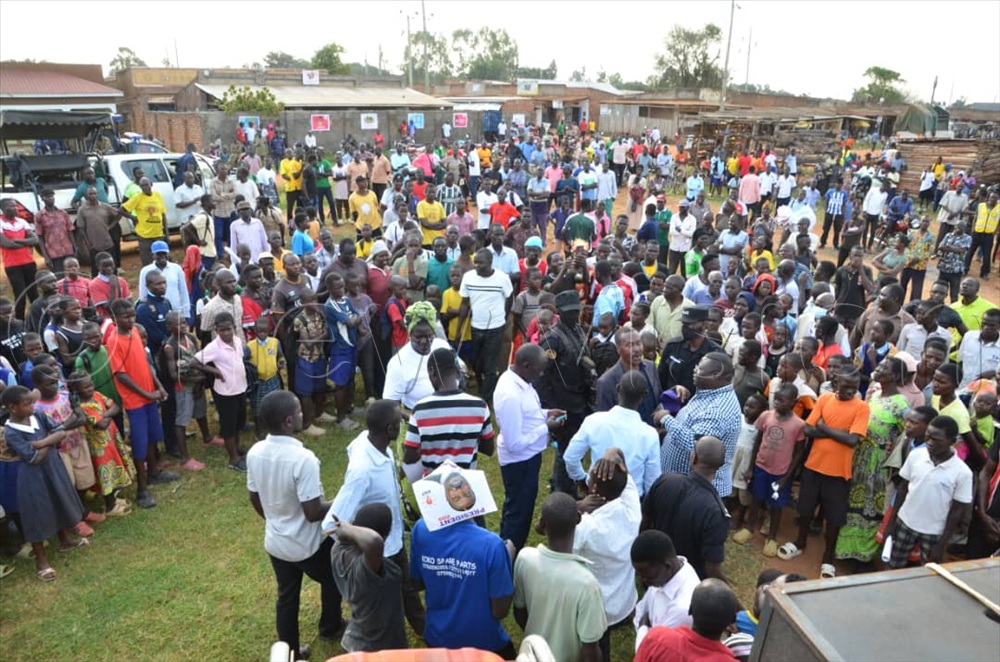
He argued that Uganda did not need 85 ministers and three Resident District Commissioners (RDCs) per district, saying that the country required a comparative policy review that could allow permanent secretaries to serve as state ministers, thereby reducing the financial burden on government.
Tindyebwa proposed a system where each district has one MP and the sub-regions elect 22 women representatives. He added that representation could include UPDF leaders such as the commanders of land forces, air force and the Chief of Defence Forces as ex-officials.
He also called for a reduction in appointments and a moratorium to regulate how many ministers and RDCs a sitting president can name, arguing that Chief Administrative Officers already have the mandate to run district affairs alongside district chairpersons.

